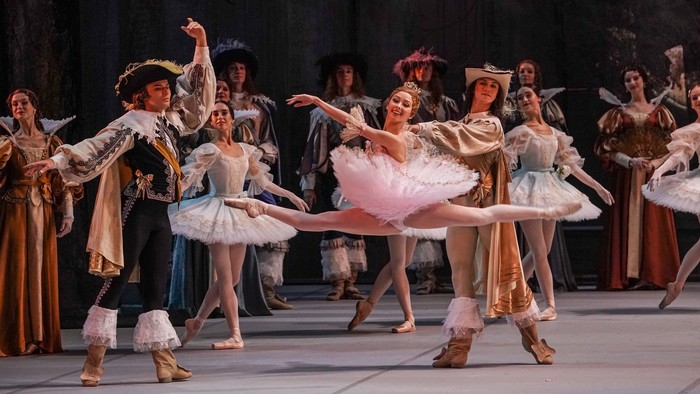Rodion Shchedrin was the first Russian composer to turn to Nikolai Gogol's unfinished poem, calling it his favorite book. "Dead Souls is a poem about the Russian people, a declaration of love for them, a faith in their wisdom and kind-heartedness. I wanted to use the means of music to read Gogol's 'singing prose,' to outline the national character through music, and likewise through music to emphasize the infinite expressiveness, vitality, and flexibility of our native language," the composer noted.
Gogol's poem, already imbued with music, found its voice in Shchedrin's opera through characteristic and concise vocal images, and through memorable and recognizable orchestral timbres. Extremely difficult to perform, the score contains 32 solo parts and two choruses, one of which replaces the violin parts in the orchestra.
The main conflict of the opera lies in the juxtaposition of the cruel world of merchants with the world of folk existence, filled with spiritual simplicity and poetry. In the sounds of the authentic song "Ne bely snegi" ("The Snows Are Not White")—a broad and soul-stirring melody—one can hear a faith in the living soul of the people, in the inexhaustibility of its creative force.














